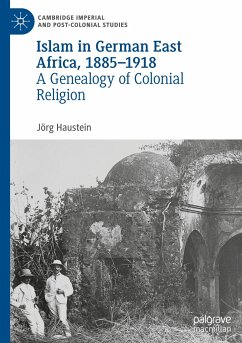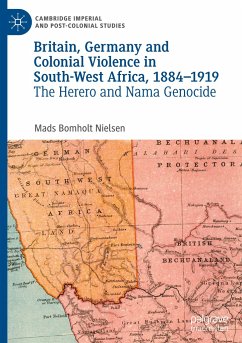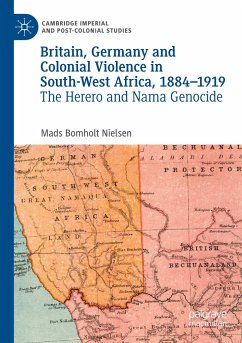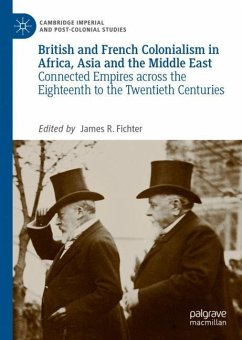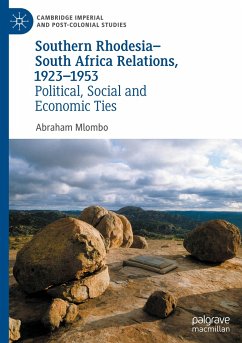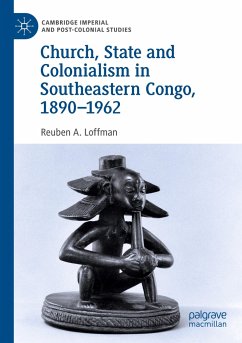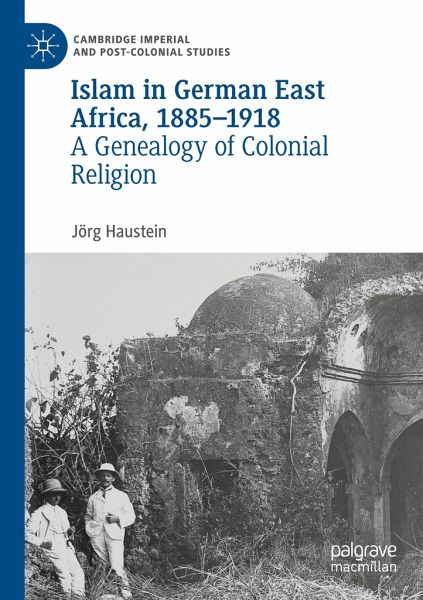
Islam in German East Africa, 1885-1918
A Genealogy of Colonial Religion
Versandkostenfrei!
Versandfertig in 6-10 Tagen
106,99 €
inkl. MwSt.
Weitere Ausgaben:

PAYBACK Punkte
53 °P sammeln!
In this rich and multi-layered deconstruction of German colonial engagement with Islam, Jörg Haustein shows how imperial agents in Germany's largest colony wielded the knowledge category of Islam in a broad set of debates, ranging from race, language, and education to slavery, law, conflict, and war. These representations of 'Mohammedanism', often invoked for particular political ends, amounted to a serious misreading of Muslims in East Africa, with significant long-term effects. As the first in-depth account of the politics of Islam in German East Africa, the book makes an essential contribu...
In this rich and multi-layered deconstruction of German colonial engagement with Islam, Jörg Haustein shows how imperial agents in Germany's largest colony wielded the knowledge category of Islam in a broad set of debates, ranging from race, language, and education to slavery, law, conflict, and war. These representations of 'Mohammedanism', often invoked for particular political ends, amounted to a serious misreading of Muslims in East Africa, with significant long-term effects. As the first in-depth account of the politics of Islam in German East Africa, the book makes an essential contribution to the history of religion in Tanzania before British rule. It also offers a template for re-reading the colonial archive in a manner that recovers Muslim agency beyond a European paradigm of religion.



